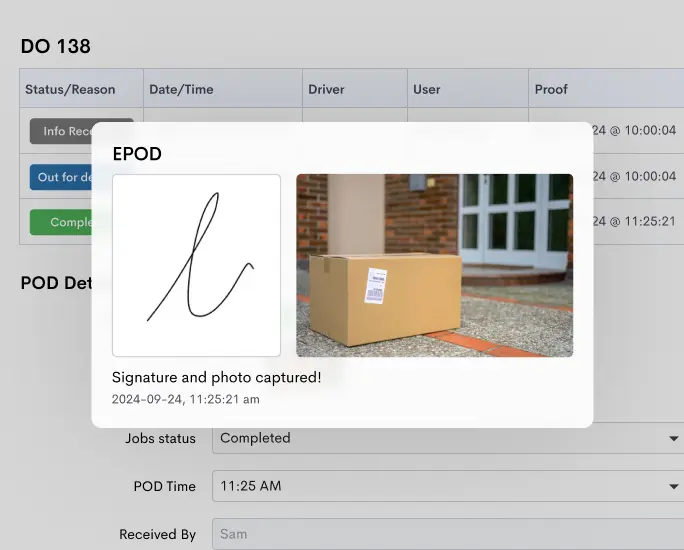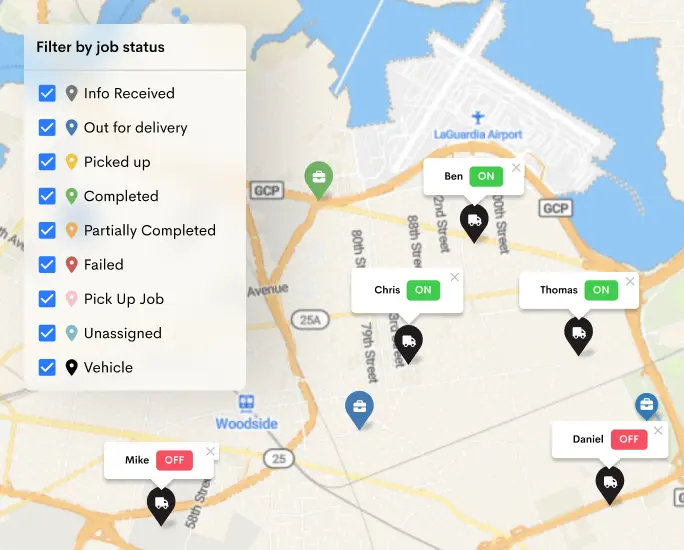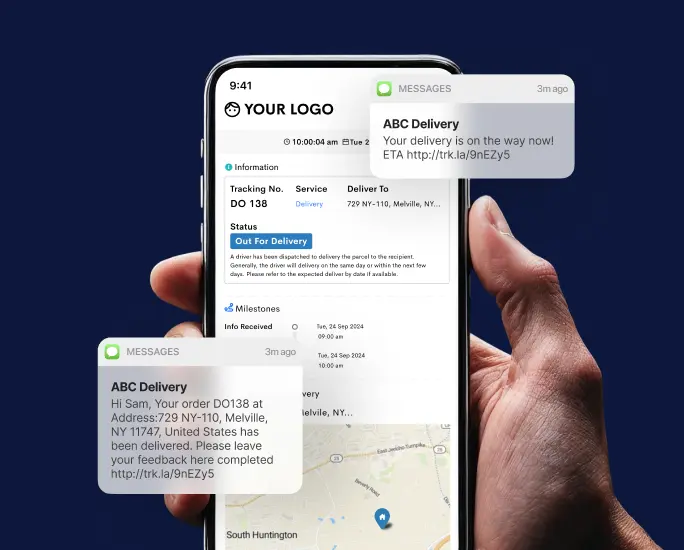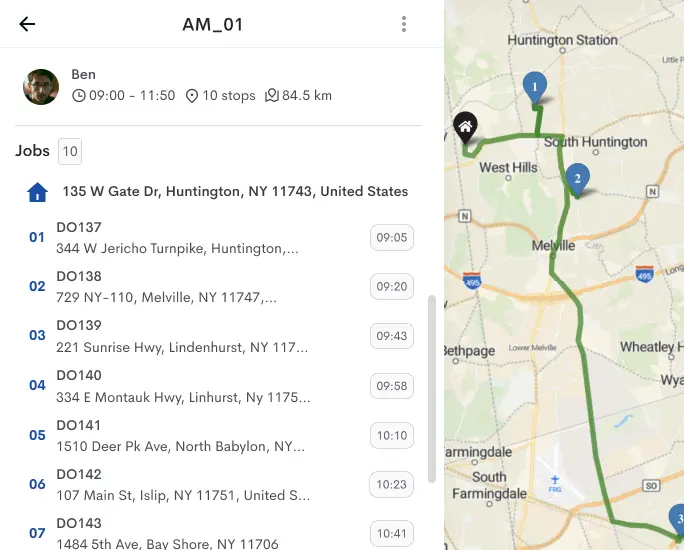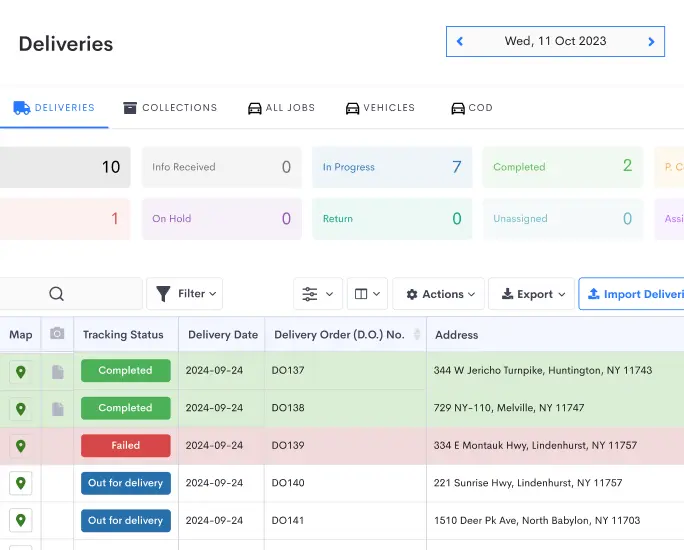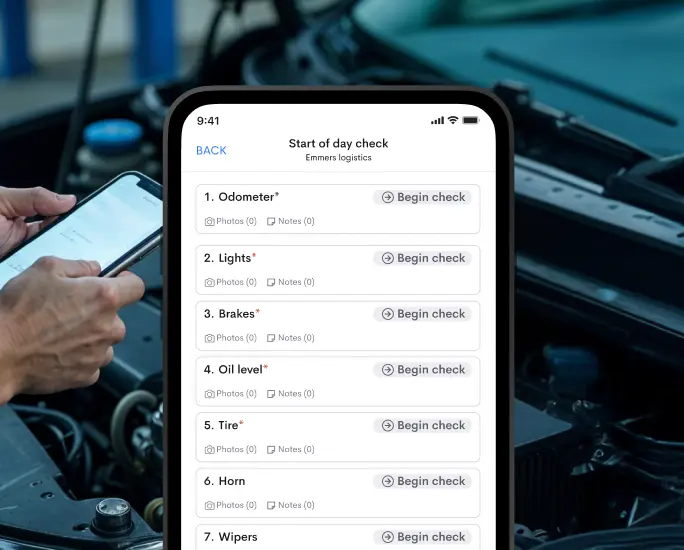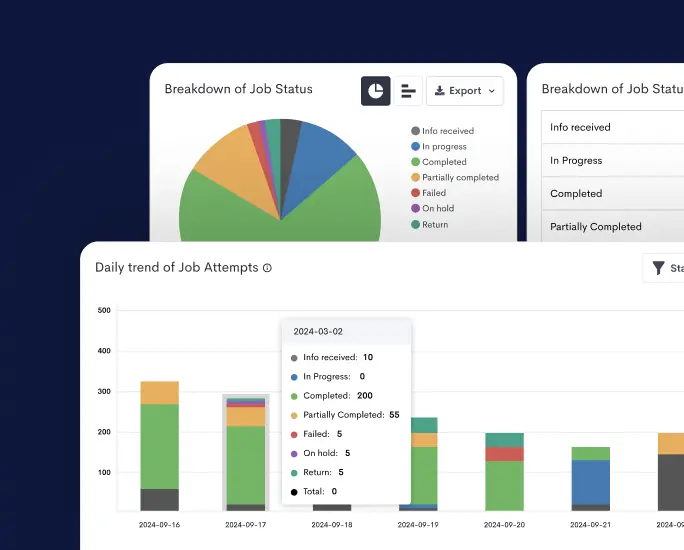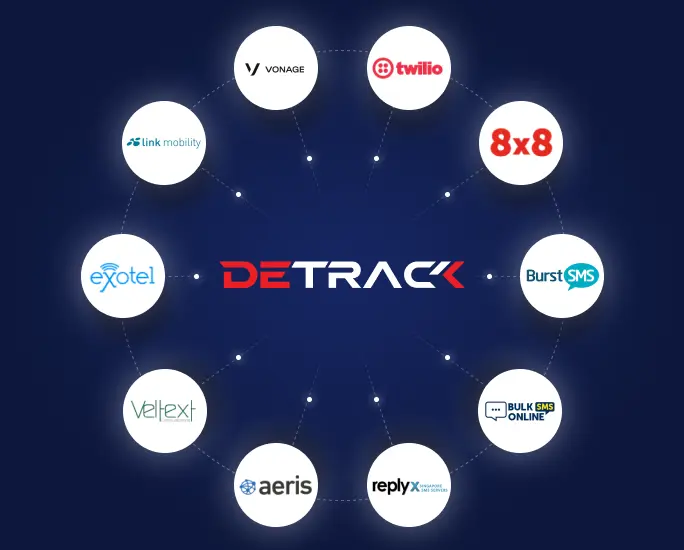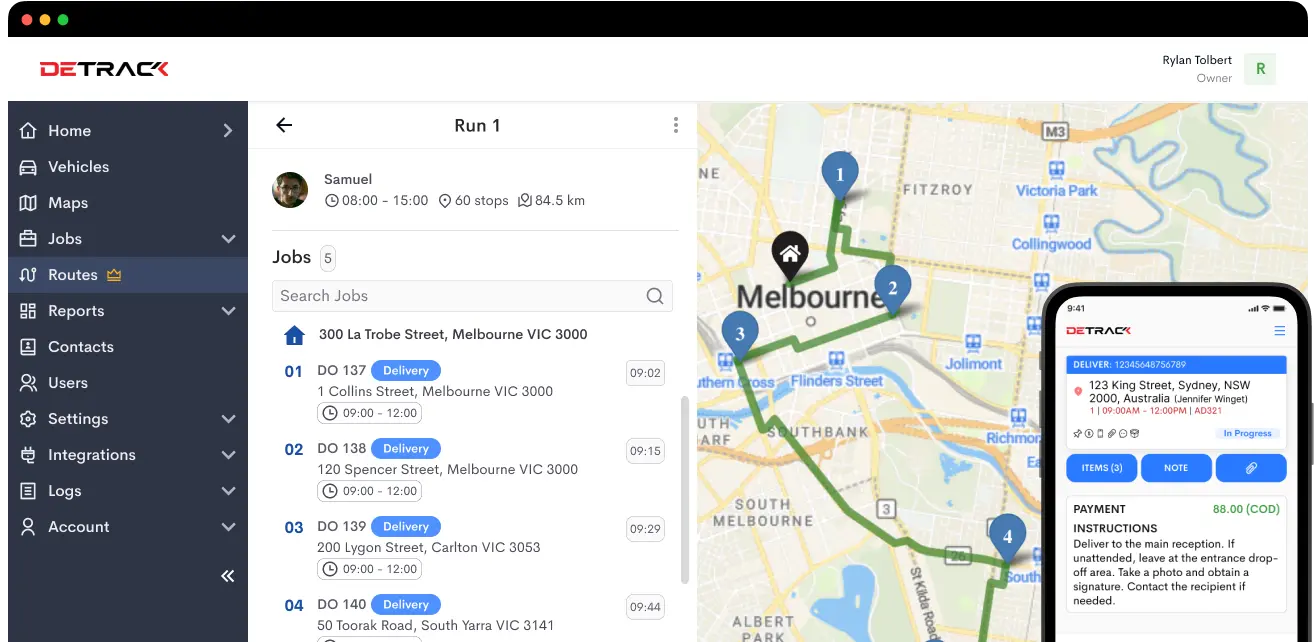The efficiency of fleet operations can make or break a business. Fleet management software (FMS) has emerged as a pivotal tool in helping businesses streamline operations, enhance productivity, and reduce costs.
| Effortless Fleet Management for Superior Operational Control Simplify fleet management with our user-friendly software. Track vehicles, schedule maintenance, and monitor driver behavior all from a single platform, ensuring your fleet is always at its best. Try Detrack Today! |
What is Fleet Management Software?
Fleet management software is a digital solution designed to assist businesses in managing their vehicle fleets more efficiently.
It encompasses a range of features, including vehicle tracking, maintenance scheduling, driver behavior monitoring, fuel management, and route optimization.
By leveraging GPS technology, telematics, and data analytics, FMS provides real-time insights and control over fleet operations.
Benefits of Fleet Management Software
- Improved Operational Efficiency – By automating various aspects of fleet management, such as scheduling maintenance and tracking vehicle locations, businesses can reduce downtime and ensure that their vehicles are always in optimal condition. This leads to better resource allocation and smoother operations.
- Cost Savings – Fleet management software can significantly reduce costs in several ways. For instance, it helps monitor fuel consumption and identify areas where fuel efficiency can be improved.
- Enhanced Safety and Compliance – Safety is paramount in fleet management. FMS provides tools to monitor driver behavior, such as speeding, harsh braking, and rapid acceleration. By identifying and addressing risky driving habits, businesses can reduce the likelihood of accidents and improve overall safety..
- Real-Time Tracking and Monitoring – Real-time tracking is a cornerstone of fleet management software. It allows businesses to monitor the location and status of their vehicles at any given time. This capability is invaluable for ensuring timely deliveries, responding promptly to emergencies, and providing accurate information to customers.
- Better Customer Service – With FMS, businesses can provide better customer service by offering accurate ETAs (Estimated Time of Arrival) and timely updates on deliveries. The ability to track shipments in real-time and communicate effectively with customers enhances their overall experience, leading to increased satisfaction and loyalty.

Challenges of Fleet Management Software
Integration with Existing Systems
Many businesses already use various systems and tools for their operations. Integrating fleet management software with these existing systems can be challenging. Ensuring seamless data flow and platform interoperability requires careful planning and technical expertise.
Training and Adoption
The successful implementation of fleet management software depends on how well employees adapt to the new system. Training drivers, dispatchers, and other personnel to use the software effectively is essential. Resistance to change and lacking technical skills can hinder adoption, affecting the software’s overall benefits.
Maintenance and Upgrades
FMS requires regular maintenance and updates to function optimally like any other software. This includes fixing bugs, adding new features, and ensuring compatibility with the latest hardware and operating systems. Keeping the software up-to-date can be time-consuming and may require ongoing technical support.
Why Fleet Management Software Matters
- Competitive Advantage – Fleet management software provides that edge by optimizing operations, reducing costs, and improving customer service. Companies that leverage FMS can outperform competitors that rely on outdated or manual fleet management methods.
- Sustainability and Environmental Impact – By optimizing routes, improving fuel efficiency, and reducing idle time, FMS helps in lowering the carbon footprint of a fleet. This not only benefits the environment but also aligns with corporate social responsibility goals and can enhance a company’s reputation.
- Regulatory Compliance – Compliance with regulations is a critical aspect of fleet management. FMS helps businesses stay compliant by keeping track of various requirements such as vehicle inspections, driver hours, and emissions standards. This reduces the risk of legal issues and potential fines.
- Innovation and Adaptability – Fleet management software keeps businesses at the forefront of these changes by incorporating the latest innovations, such as electric vehicles, autonomous driving, and advanced telematics.

Conclusion
Fleet management software is essential for businesses with vehicle fleets. It offers benefits like improved efficiency, cost savings, safety, real-time tracking, better customer service, and data-driven decisions. While it poses challenges such as initial costs, data privacy, integration, training, and maintenance, its importance is undeniable.
This software provides a competitive edge, promotes sustainability, ensures compliance, offers scalability, and keeps businesses adaptable. As technology advances, fleet management software will become increasingly crucial in shaping fleet operations’ future.
Investing in fleet management software strategically positions businesses for long-term success and competitiveness, whether they operate a small or large fleet. Embracing this technology leads to more efficient, cost-effective, and sustainable operations.

